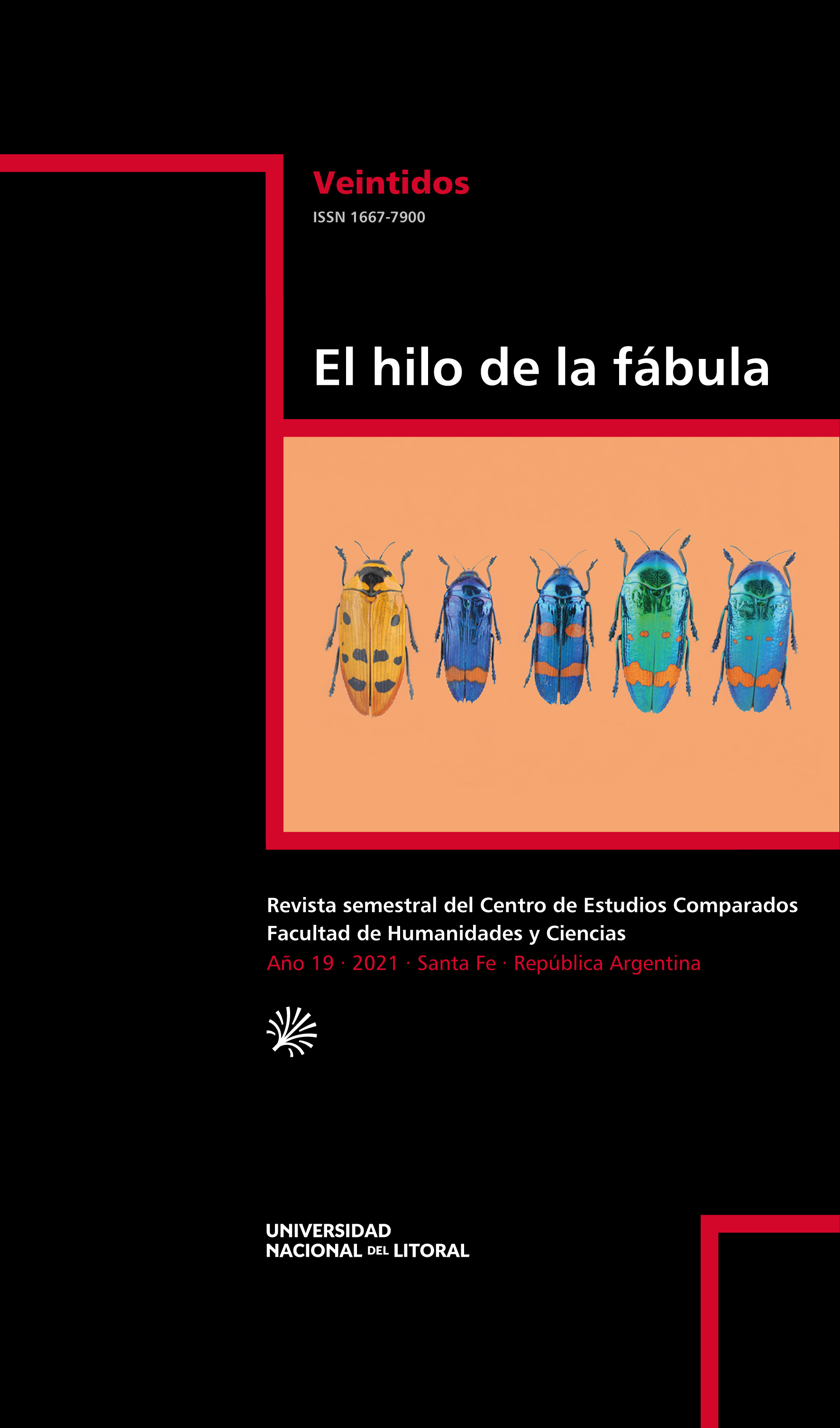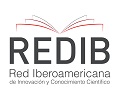Testimoniar en ficción. Moreno con Walsh
DOI:
https://doi.org/10.14409/hf.19.22.e0004Abstract
Half a century after the institutionalization of testimony, where and how to return to it or discuss its fragile frontiers, which are always under pressure from political and disciplinary disputes or from the unsolved tensions between voice and alphabetic writing? How to attend to its complex narrative machinery filled with ellipsis, cuts, and condensations after, as we know, it has demonstrated its relevance and effectiveness as proof of truth in judicial proceedings?? Is it possible, then, opting for its poetic reprocessing? This appears to be the case of some recent narratives when, through intricate archival operations, they examine its multiple drifts to embed it in the mixed and ambivalent area drawn by documentary fiction. Testimony as tangible document, rather than legal evidence or the voice of those who are no longer present, returns as a trace, as an event. María Moreno’s Oración. Carta a Vicki y otras elegías políticas (2018) testifies in fiction without resorting to the hegemonic formats of biography or autobiography. Moreno turns to rewriting in order to put herself in the place of the other, to replace the author as heir, to unfold herself and to experience for him, with him.












